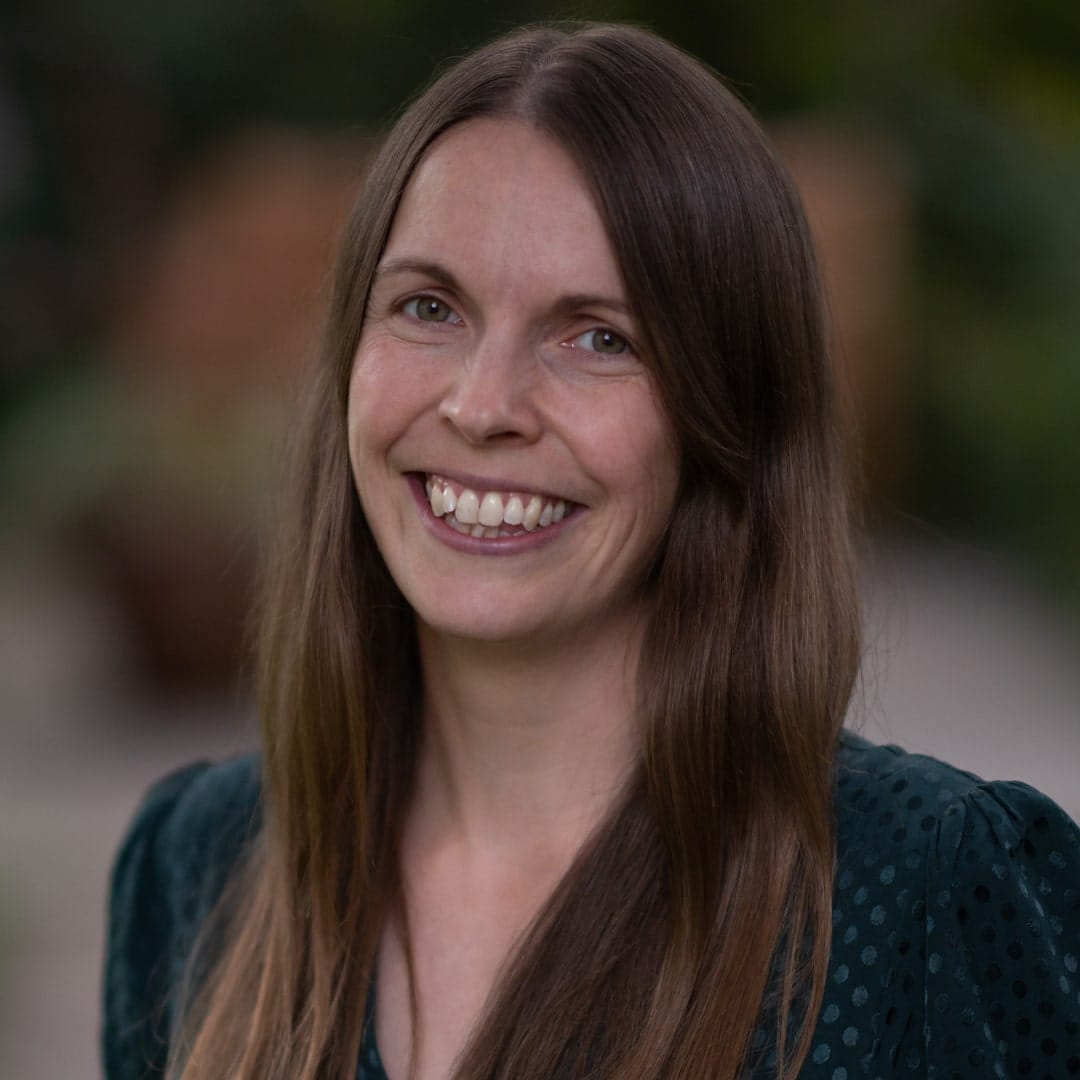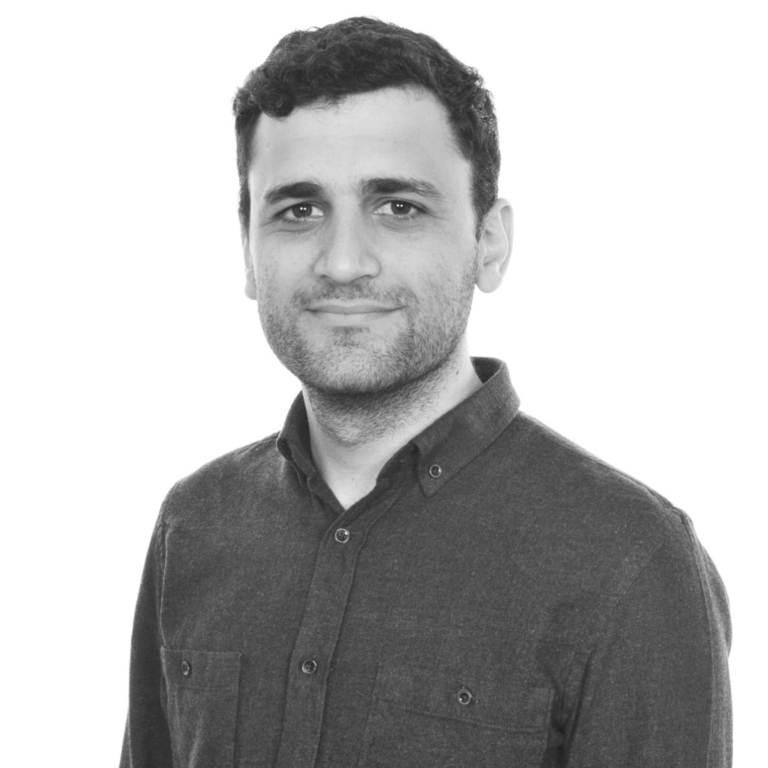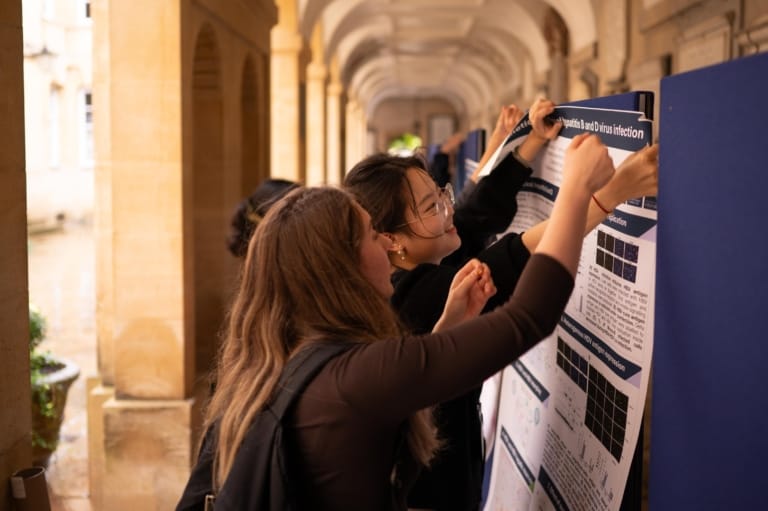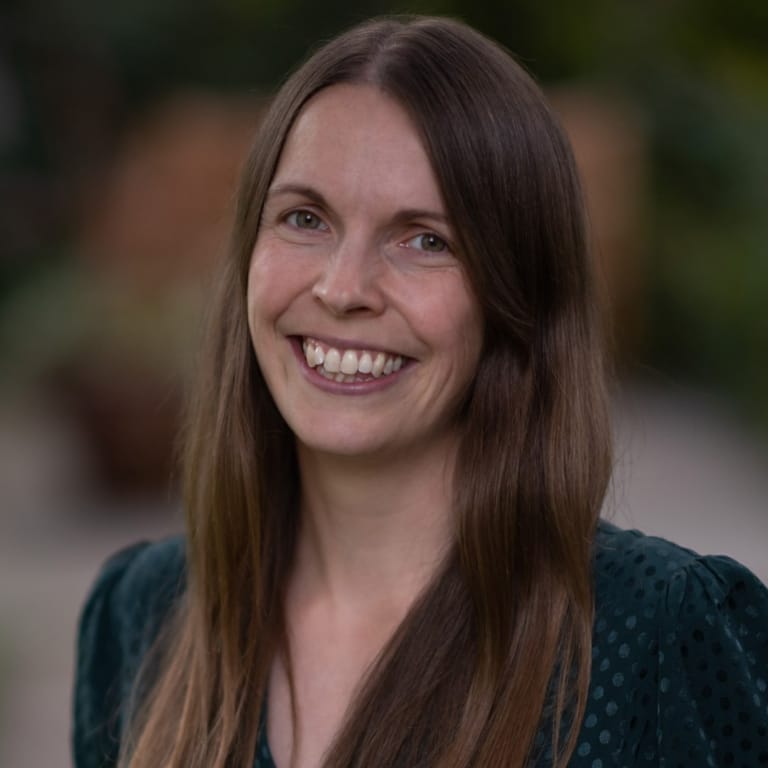
Dr Nicky (Nicola) Whiffin is one of 2024’s Lister Prize Fellows. She leads the Computational Rare Disease Genomics lab, based at the Big Data Institute in Oxford. We caught up with her to learn more about her research and how becoming a Lister Fellow will help her connect genetic research with better outcomes for patients.
Q. How did you come to work on rare disease genetics?
I did my undergraduate degree in natural sciences, and that’s where I became fascinated with genetics. I now can’t understand why anybody would work in anything other than genetics, because it’s just so interesting!
I went on to do a PhD in cancer research where I was trying to find regions of the genome associated with increased risk for colorectal cancer. Cancer is complex and lots of genes are involved, with each individual region often only having a small impact on risk, so my work wasn’t having a huge effect on patients, which I found unsatisfying.
My next move was to study cardiovascular disease. I spent a couple of years setting up a clinical diagnostic lab in the Royal Brompton Hospital, developing the computational infrastructure needed to use genetic sequencing data to identify and annotate variants that might be causing heart conditions.
But I was missing discovery research, and I realised that what I really wanted to do was translational research. I wanted to make discoveries and be having an impact. Now I lead an entirely computational team and we span everything from basic biology – understanding more about the genome and gene regulation – to writing clinical guidelines that help make sure the science we do has an impact in clinical settings.
Q. What are you currently working on?
For the last few years we have been trying to find the genetic basis for rare conditions. There are 300 million people around the world with a rare disorder, and 80% of them are thought to be genetic. But we only know the actual DNA change that causes disease in less than half of those patients. So trying to find diagnoses for these extra 50% is one of our major goals. Then once we figure out a new mechanism, or a genomic region that might harbor these variants, we can work towards getting that knowledge into the clinic so people can identify it in routine genome testing. For example, we recently discovered a tiny 18 base-pair region of the genome within which genetic changes cause a neurodevelopmental disorder, called ReNU Syndrome, that may affect 100,000 people worldwide. These genetic changes are now being identified in routine clinical care.
Q. So are these diseases inherited?
Some genetic conditions can be due to genetic changes that are inherited from a parent, but a lot of what we look at are severe developmental disorders that are caused by genetic changes that have newly arisen in a child and aren’t present in either of their parents. We call these de novo variants. These changes often arise from replication errors in sperm or egg cells in the parents which are then passed on. So they’re not inherited diseases, but they are genetic. Often the condition is so severe that the child won’t go on to have a family, but if they were to have a child of their own, in theory it could be passed on.
Q. You mentioned that translational medicine is important to you. How closely do you work with doctors and patients?
Although I do not myself have a clinical background, I work very closely with clinicians. We are connected with the medical community through the 100,000 Genomes Project and Genomics England, a UK Government-funded initiative that does genome sequencing on NHS patients with rare conditions and cancer. It’s a pioneering data set that we use for a lot of our research. When we find an interesting variant which we think might be a diagnosis for a patient, we can contact the clinician who in turn can contact the patient, so we can build those links.
Q. What led you to apply for the Lister Prize, and how was the application process for you?
I know one of the current Lister Fellows, James Davies, who is also at Oxford. I think I also did a Google search for awards and fellowships online. And I’m on Twitter (X), so it’s highly possible I saw information about it there too. The application process itself is very straightforward, without too many sections in addition to the proposal, which makes it a lot easier than some applications.
Q. What are your plans for the Lister Prize funding?
One of our main goals is to create tools that enable us to better translate our science into clinical settings. We will make web tools that are usable and intuitive for clinical scientists to use, and that takes software development skills. Those are very hard to fund through university salary scales because they command a higher salary, and often those higher salary bands require a PhD – something a great software developer might not have. So we’re looking forward to being able to consult flexibly with someone who has the right skills to help build those tools.
I would also like to do more work on ReNU Syndrome. We recently discovered a genetic basis for the condition – a variant affecting non-coding RNA. I’m hoping to use some of the Prize money to investigate whether we can develop therapies for people with ReNU Syndrome.
Another aspect is my own professional development. I work with a professional coach, and being able to continue that relationship would be amazing.
Q. You gave a talk at this year’s Annual Meeting. Did you enjoy the experience?
I thought the Annual Meeting was great. I really enjoyed meeting the new and past Fellows. I don’t think I’ve ever given a talk in a forum where people were so obviously engaged, both while I was speaking and in the Q&A after the talk. Often when you speak a lot of people are on laptops or not actively participating, but at the meeting people were actively nodding along. That was really great.



